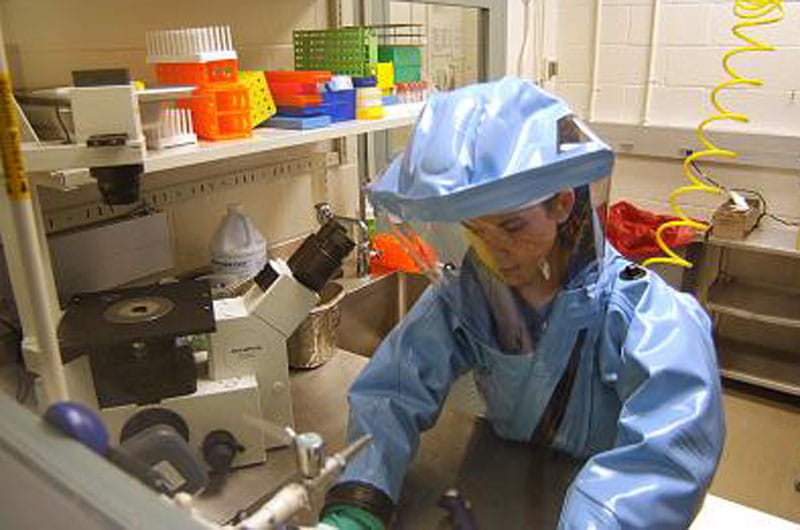-

December 22, 2014
Campfire stories, high-speed trains and out-of-body experiences are all part of Drexel University students’ plan in an Imagineering contest for a Disney-themed transportation system of the future set in Sydney, Australia.
Read More
-
December 18, 2014
PhD candidate Kelsey Hatzell received the MRS Graduate Student Silver Award and the the Arthur Nowick Graduate Student Award at the 2014 MRS Fall Meeting in Boston.
Read More
-
December 16, 2014
The Chemical and Biological Engineering Department is pleased to announce the recipients of the 2014 CBE Awards.
Read More
-
December 15, 2014
Read More
-
December 11, 2014
Yuriy Smolin recently attended the 2014 ECS & SMEQ joint international meeting in Cancun, Mexico.
Read More
-
December 11, 2014
Read More
-

How Long Can Ebola Survive Outside the Body?
December 11, 2014
Ebola is transmitted from person to person through bodily fluids, but Drexel researchers have found that there is not much information on how long the virus can live outside of the human body.
Read More
Learning to Code... From a Tiny Robot Teacher
December 10, 2014
Read More
How Long Can Ebola Survive Outside the Body?
December 10, 2014
Read More
Dean Joseph B. Hughes Attends International Workshop in Shanghai
December 04, 2014
Read More